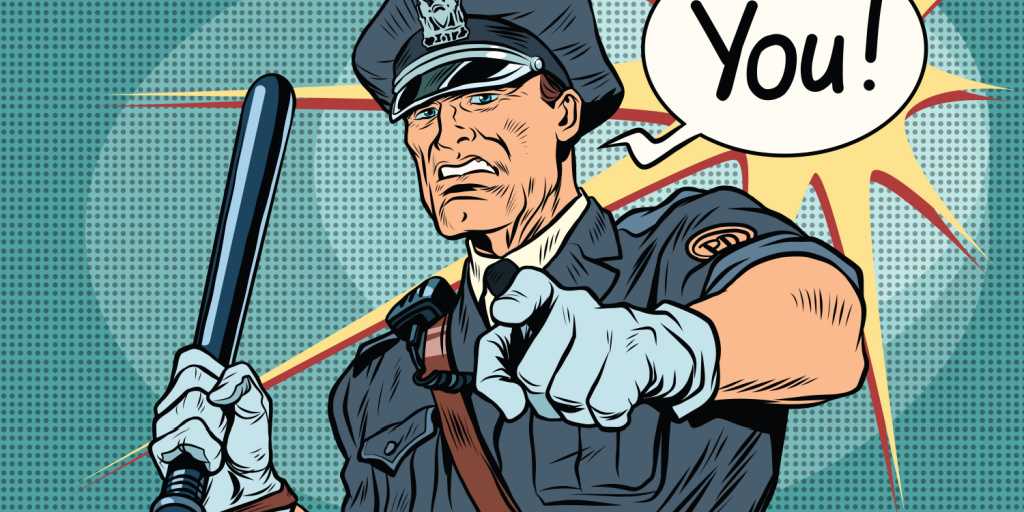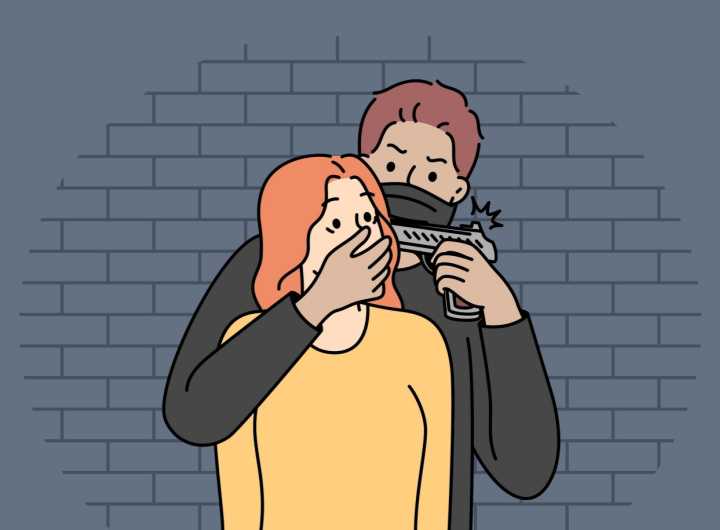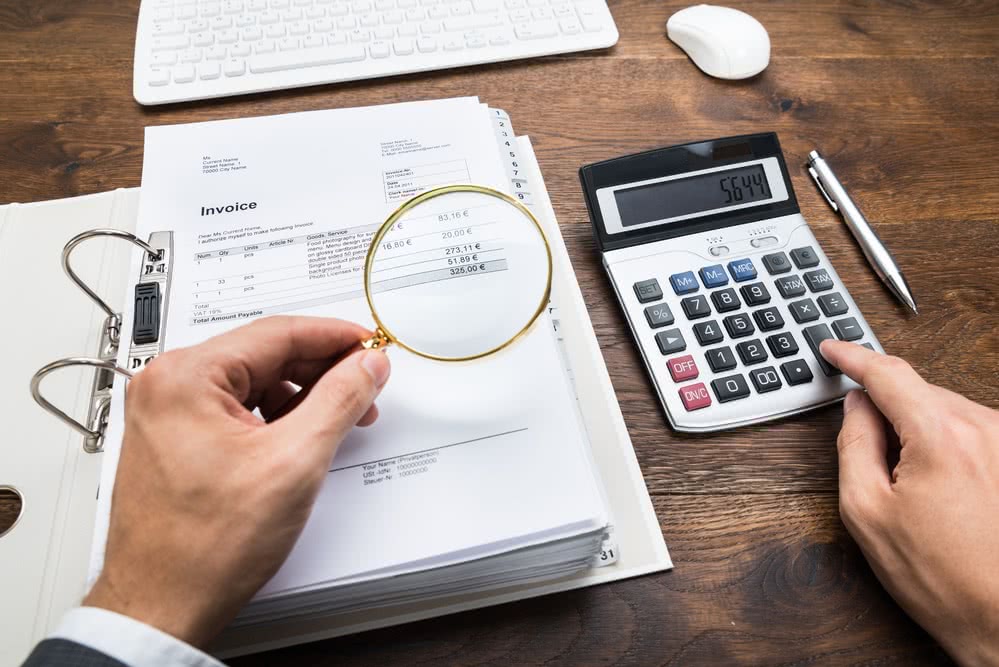No COVID-19 business loans for owners with recent felony convictions
The Paycheck Protection Program is supposed to protect small businesses that otherwise might not weather the COVID-19 economic storm by providing low-interest forgivable loans primarily intended to preserve employment. The very smallest businesses – self-employed people and independent contractors – are also eligible. Unless, that is, the person has a felony conviction, even though it is precisely these people who have the greatest difficulty finding employment after serving their sentence.
Who exactly is ineligible for a PPP loan under the felony rule and why? More after the jump.
The Paycheck Protection Program is a federal Small Business Administration program that provides loans to employers and others to preserve the workforce during the COVID-19 crisis. The SBA has promised to forgive all PPP loans, provided that at least 75% of loan proceeds are spent on payroll costs, interest on mortgages, rent, and utilities. Persons operating as a sole proprietorship, the self-employed and independent contractors are also eligible for PPP loans.
However, the SBA will not offer PPP loans to borrowers who either are being prosecuted, serving a felony sentence or have been convicted a felony in the last five years. Or, in the words of the SBA, a business is ineligible for a PPP loan when
[a]n owner of 20 percent or more of the equity of the applicant is incarcerated, on probation, on parole; presently subject to an indictment, criminal information, arraignment, or other means by which formal criminal charges are brought in any jurisdiction; or has been convicted of a felony within the last five years
The PPP application suggests that the a defendant may be barred more than five years after conviction, such as when the person first serves a jail term and then is placed on probation. The application asks whether, “within the last five years…[the] Applicant has been…placed on any form of probation or parole.”
The PPP loan felony rule is only the latest of a myriad of disqualifications that people convicted of crimes face. As many others have shown, thousands of federal, state and local laws prohibit or limit a person’s ability to work, exercise civil liberties and more.
Many news outlets have covered stories of business owners barred by this law, which also impacts employees and the economy more broadly. One California business owner with a prior conviction was unable to secure a PPP loan that would have kept seven additional people employed in his janitorial services business. Also, people recently released from prison often work as independent contractors precisely because fewer employers are willing to take a chance on them. Making them ineligible for PPP loans during a national crisis further decreases their chances for rehabilitation and reintegration into society.
Recommended Articles

Arizona’s new sealing statute is a powerful way for people who have been charged or convicted of many common offenses, to be able to say “no” in many instances.

In Arizona, “Aggravated Assault” charged under ARS § 13-1204 is a Class Four Felony, and in some cases with mandatory prison.

DUI or domestic violence police misconduct even if not resulting in grievous misfortune can sometimes provide a helpful remedy for the criminally accused.

people are surprised by how outsized the consequences some misdemeanor convictions can be. collateral consequences—meaning all those hidden consequences.

For thirty years two federal laws prohibited all those convicted of misdemeanor domestic violence offenses from ever possessing firearms.

About Michael Harwin
Michael’s skill and experience have been recognized repeatedly. He holds an A-V 5/5 preeminent rating by Martindale Hubbell. He has been named one of the top lawyers in Arizona by Southwest Superlawyers, and one of the best lawyers in Tucson by Tucson Lifestyle Magazine. He also has been named one of the best lawyers in the United States by BestofUS.com , and given the highest rating possible by AVVO, 10/10 Superb. Amazon Books

